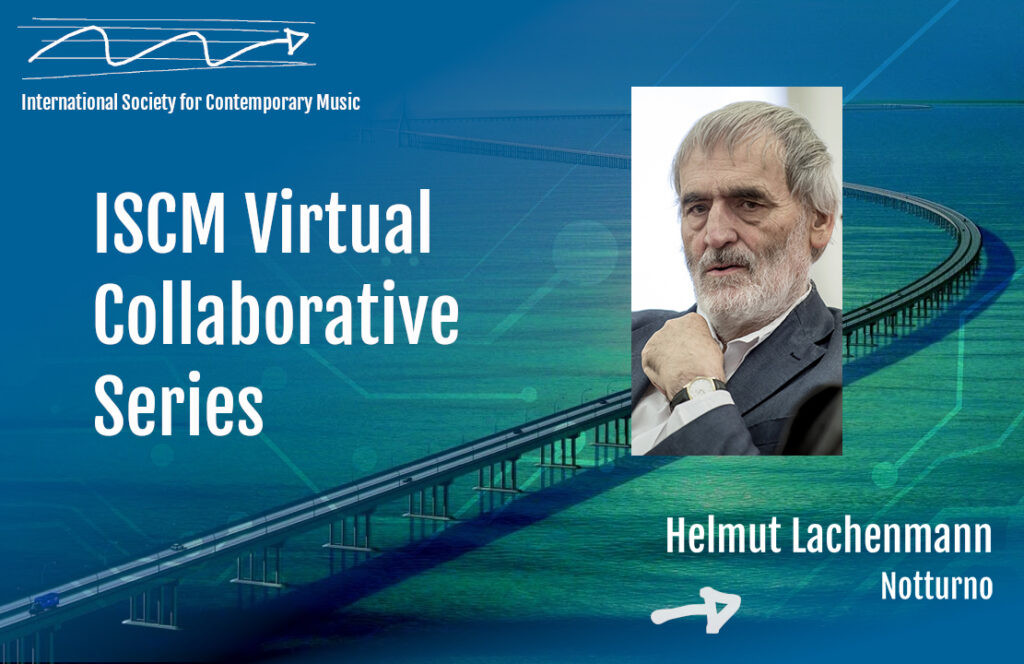Helmut Lachenmann: Notturno

Helmut Lachenmann (b. November 27, 1935 in Stuttgart) studied piano, theory, and counterpoint at the Music Conservatory in Stuttgart from 1955 to 1958 and from 1958 to 1960 composition with Luigi Nono in Venice. The first public performances of his works took place at the Biennale in Venice in 1962 and at the International Summer Courses for New Music in Darmstadt. After his teaching activity at the University in Ludwigsburg Lachenmann taught as professor for composition at the Music Conservatory in Hannover (1976–81) and in Stuttgart (1981–99). Furthermore he managed many seminars, workshops and master classes in Germany and abroad, for example several times at the Summer Courses in Darmstadt between 1978 and 2014. In 2008 Lachenmann taught as Fromm Visiting Professor at the Harvard University, Cambridge/MA. 2010 he became fellow of the Royal College of Music, London. He received numerous awards for his compositional work, for example theHans Christian Andersen Award in 2016. Lachenmann is member of the Royal Academy of Music, Commendeur des Arts et des Lettres, honorary doctor at the Music Conservatories in Hannover, Dresden and Cologne and member of the Academies of the Arts in Berlin, Brussels, Hamburg, Leipzig, Mannheim and Munich. His works are performed at many festivals and concert series in Germany and abroad.
Lachenmann writes: I began writing Notturno in 1966, and after a few interruptions in my work, I completed it at the end of 1968. In spite of the traditional practice, the soloist accompanies the orchestra in this work, however: he is not subordinate, but rather entirely sovereign: the soloist prepares the whole, balances it, modifies and sets it in continuously changing perspectives, he functions therefore as a “key figure”. This work is unique among my compositions, in it you can find (and this has to do with the mentioned interruptions) two different aesthetics: the older one which understands sound as a result and expression of abstract visions of order, and the newer, in which all order should maximally serve concrete and direct sound reality. In between those two is the function of the solo part.
Karolina Öhman (violoncello) with the WDR Sinfonieorchester conducted by Lin Liao
11 December 2020 at the WDR Funkhaus
